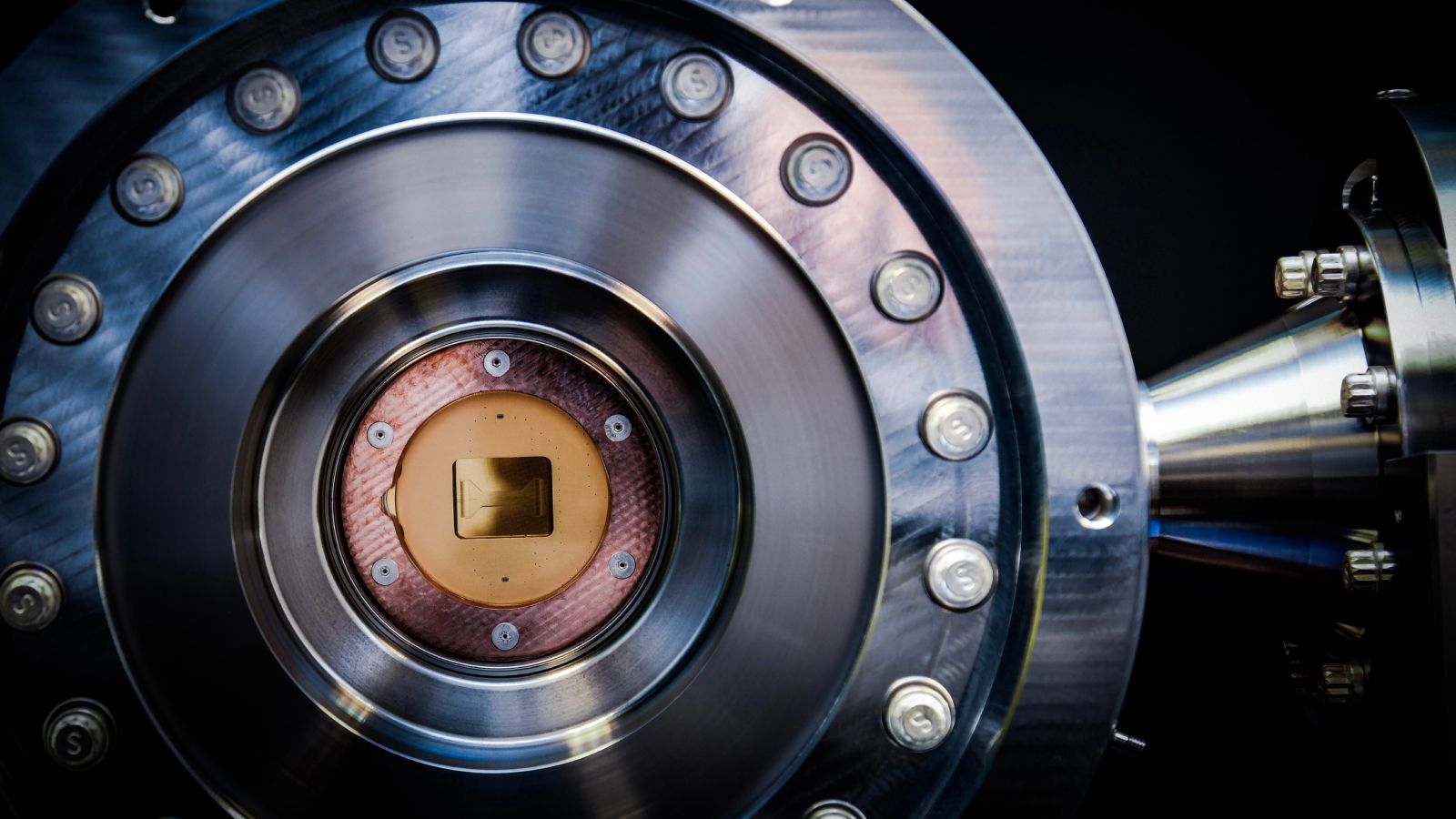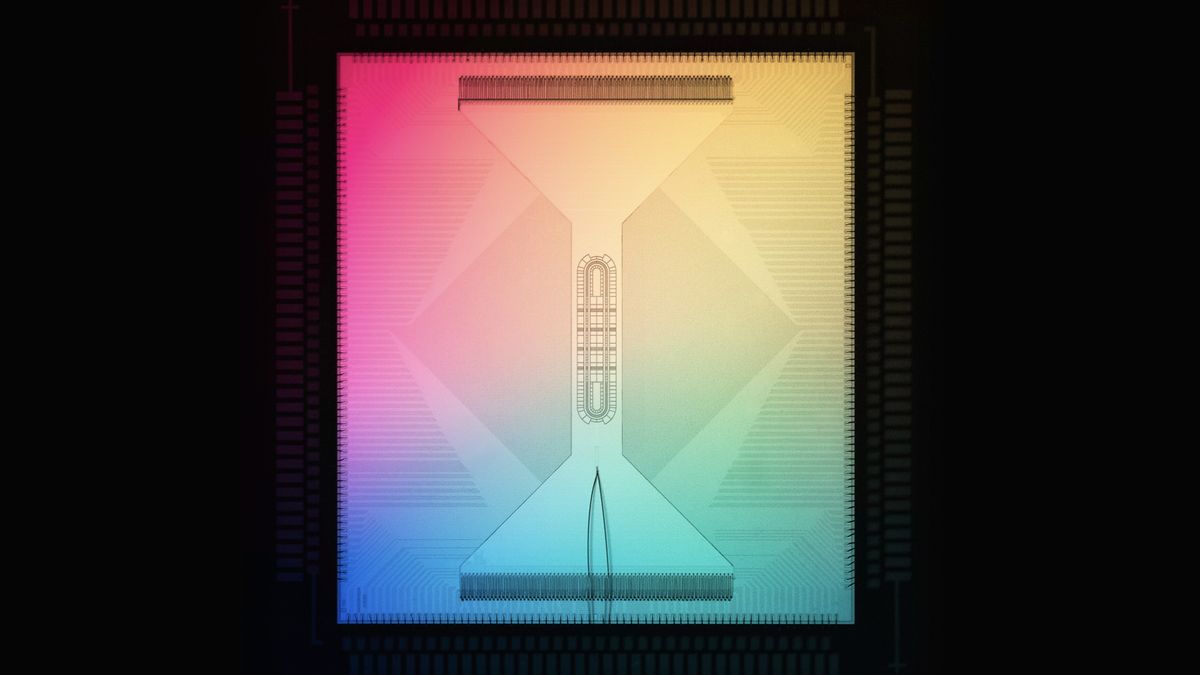Follow us on Google News (click on ☆)

The H2 quantum computer produces error-free results at a record level.
Credit: Quantinuum
With 56 qubits, the team at Quantinuum conducted experiments to test their machine's performance. The results, published on June 4 in arXiv, have not yet been peer-reviewed. They used an algorithm to measure the noise and errors of the qubits.
Quantum computers can perform multiple calculations simultaneously thanks to the laws of quantum mechanics and entanglement, unlike classical computers which perform them one at a time. The more qubits there are, the more powerful the machine is, capable of performing complex calculations in seconds, where a classical supercomputer would take thousands of years.
To achieve "quantum supremacy," computers with millions of qubits would be needed. Currently, the largest machines have around 1,000. As qubits are prone to errors, researchers are focusing on their reliability rather than their quantity.
Quantinuum's H2-1 was tested with the XEB benchmark, achieving a score of 0.35, an unprecedented result. In comparison, Google's Sycamore computer achieved a score of 0.002 in 2019. This means the H2-1 can produce error-free results 35% of the time.

Achieving "quantum supremacy" would require quantum computers with millions of qubits.
Credit: Quantinuum
Ilyas Khan, Chief Product Officer at Quantinuum, stated that their goal is to create universal and reliable quantum computers. The results of this research indicate that the benefits of reliable quantum computers could be achieved sooner than expected, marking a promising advancement in this field.